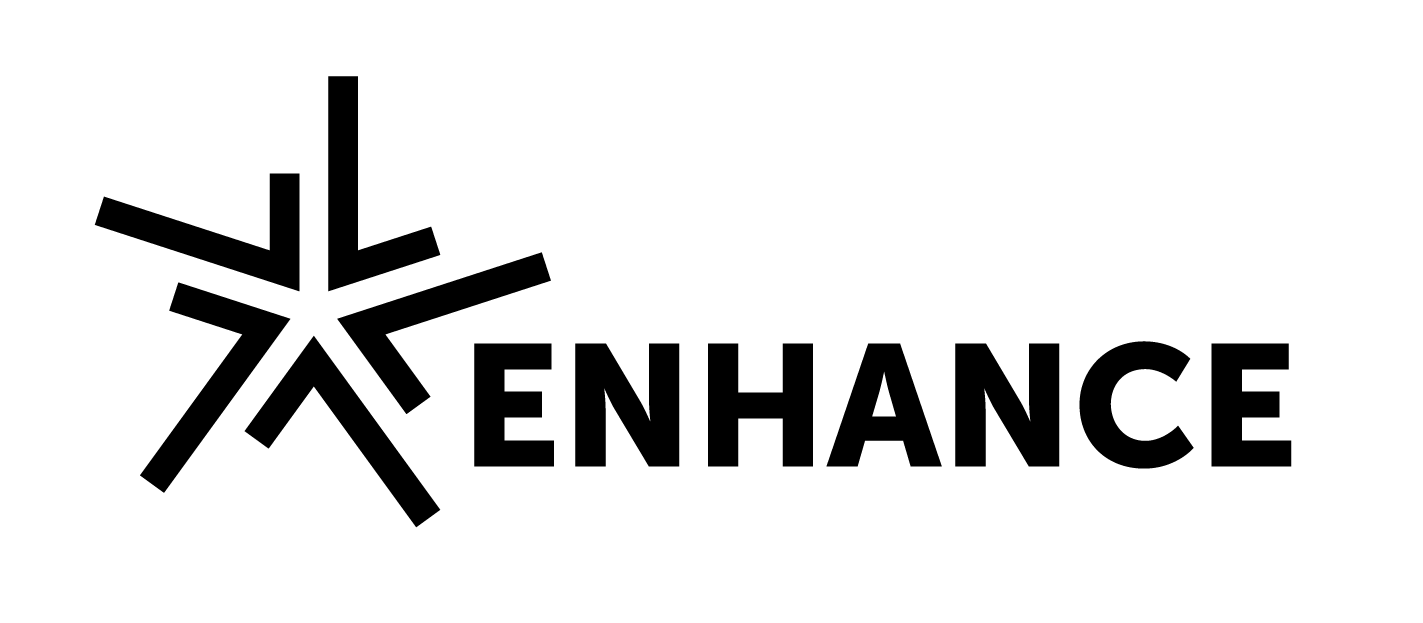European Universities have a crucial role to play in climate action and sustainable development, both regionally and internationally. That’s why the ENHANCE Alliance gathered for its first edition of the panel discussion “ENHANCE Conversations” more than 190 academic staff, researchers and students from all over Europe to discuss how European Universities of Technology can foster sustainable transformation in the Covid-Recovery.
Ana-Marija Cvitic, Strategy Officer ENHANCE Alliance
European Universities play a key role in the search for sustainable solutions in the Covid recovery: In summer 2021, the EU member states have submitted national plans for their share of the EU’s pandemic recovery fund, with a concrete budget number looking for money to modernise university campuses, reducing the energy footprint and cutting maintenance costs.
In autumn 2021, the European Commission is due to present its proposal for a Council Recommendation on education for environmental sustainability, aiming at mainstreaming an environmental sustainability perspective in education, interuniversity cooperation as well as research.
All these are welcoming steps that help European Universities to become frontrunners in adopting and implementing policies for sustainable development. But how can they foster technical and social innovations that go hand in hand and trigger a development paradigm fit for the 21st Century?
For Dr. Maja Göpel, Director of Research at THE NEW INSTITUTE and one of the most important voices for sustainable transformation, the solution lies in a new social narrative. During the ENHANCE Conversations she states that in order to stay resilient in our ever-changing world, societies need to re-evaluate narratives on a regular basis. Since humans create stories in order to build identities, organise cooperation and to develop solutions, we have to ask ourselves, especially in light of the Corona Crisis, if our narratives are still helpful to achieve our set goals.
“If we think systematically, we can see that policymakers, technologies, markets and individual actions influence each other again and again”, says Prof. Göpel during her 10-minute talk. They encourage each other to make changes, and over time, they change in small continuous steps the whole architecture of a system. As a result, society gets what Göpel calls \”radical, incremental change”: Many small steps, undertaken locally by a variety of players, often acting independently of each other, that create a momentum resulting in a fundamental realignment of society. A transformation process, that affects the political framework.
For Dr. Asgeir Tomasgard, Professor in Managerial Economics and Optimisation at the Norwegian University of Science and Technology (NTNU) and Director of the NTNU Energy Transition Initiative, it is rather the Higher Education Institutions (HEI) that have a duty, to bring about change. Even though HEIs are only one of several actors in a regional sustainability transformation, they contribute theoretical and empirical knowledge, methodological competence, criticism and the ability to reflect on promoting regional transitions towards sustainability to society.
Dima Yankova, a PhD Candidate at INGENIO – a joint research centre of the Spanish National Research Council (CSIC) and the Polytechnic University of Valencia (UPV) agrees: University research and/or students can be niche actors promoting sustainability innovations through projects and networks. She pleads to investigate the mechanisms of knowledge transfer within collaborative and innovative networks as well as the mediating role that the industry and universities can play in the transformation process.
For Dr. Michał Zdziarski, Co-Founder of Wheelstair and Associate Professor of Strategy and International Business at the University of Warsaw, in neither role, universities be the sole actor driving regional sustainable development. They depend on cooperation with further actors bringing in practical knowledge and experience-based expertise, resources, and operational capacities. Universities should therefore focus on effective cooperation with practitioners that has an enormous but as yet un-tapped potential for dealing with regional sustainability challenges.
Looking back at the first edition of the ENHANCE Conversations, it is safe to say that a holistic interdisciplinary approach seems to be more important than ever in order to navigating society successfully through the challenges of sustainable transformation.
What we need the most is a multidisciplinary approach that thrives through research and social innovation, through the education of increasingly large segments of the population, which leads to public engagement and finally to policy change. Building European Universities with a holistic approach is a first step in the right direction.

